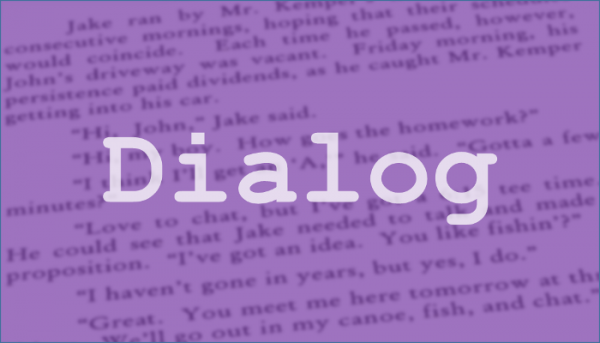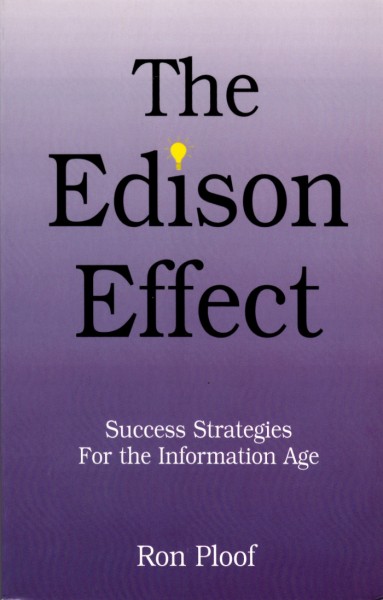
More than 70 million copies of Napoleon Hill’s Think and Grow Rich have been sold since its release in 1937. The fact that the book is still in print today is a testament to the timelessness of its message.
One of the book’s many concepts is of the “master mind,” a collection of trusted individuals that successful people assemble to bounce ideas off of. Such a group embodies the proverb, “Two heads are better than one.”
But later in the book, Hill refers to a different type of master mind–an imaginary one! He even lists the members of this imaginary cabinet:
- Ralph Waldo Emerson, Essayist (1803 – 1882)
- Thomas Paine, Philosopher (1737 – 1809)
- Thomas Edison, Inventor (1847 – 1931)
- Charles Darwin, Naturalist (1809 – 1882)
- Abraham Lincoln, US President (1809 – 1865)
- Luther Burbank, Horticulturist (1849 – 1926)
- Napoleon Bonaparte, Emperor (1769 – 1821)
- Henry Ford, Industrialist (1863 – 1947)
- Andrew Carnegie, Industrialist (1835 – 1919)
And if you think that assembling a group of dead guys (sans Ford in 1937) for business conversation is strange, listen to what Hill had to say about some of these “meetings.”
Each of these nine men developed individual characteristics, which surprised me. For example, Lincoln developed the habit of always being late, then walking around in solemn parade. He always wore an expression of seriousness upon his face. Rarely did I see him smile.
That was not true of the others. Burbank and Paine often indulged in witty repartee which seemed, at times, to shock the other members of the cabinet. On one occasion Burbank was late. When he came, he was excited with enthusiasm, and explained that he had been late because of an experiment he was making, through which he hoped to be able to grow apples on any sort of tree. Paine chided him by reminding him that it was an apple which started all the trouble between man and woman. Darwin chuckled heartily as he suggested that Paine should watch out for little serpents, when he went into the forest to gather apples, as they had the habit of growing into a big snakes. Emerson observed–“No serpents, no apples,” and Napoleon remarked, “No apples, no state!”
These meetings became so realistic that I became fearful of their consequences, and discontinued them for several months. The experiences were so uncanny, I was afraid if I continued them I would lose sight of the fact that the meetings were purely experiences of my imagination.” 1
So, let’s get this straight. Napoleon Hill, one of the most successful nonfiction authors of all time, eavesdropped on conversations between famous dead people? Did he suffer from some sort of mental illness?
Maybe. But what if I told you that Hill had stumbled upon a powerful communications exercise?
I wrote my first nonfiction book as a novel. Impressed with how other books like The One Minute Manager and The Goal taught business skills through the power of story, I chose to write The Edison Effect: Success Strategies for the Information Age (1995) as a story about a manager who loses his job to technology and the lessons that he learns along the way to get back into the job market.
 Writing a novel came with challenges–the largest being that I’d never written dialog before. I’d always written facts and opinion but never in the form of a conversation. When I finally attempted to write my first conversation between two characters, I experienced my own invisible cabinet moment.
Writing a novel came with challenges–the largest being that I’d never written dialog before. I’d always written facts and opinion but never in the form of a conversation. When I finally attempted to write my first conversation between two characters, I experienced my own invisible cabinet moment.
My goal was to teach the reader a lesson during the course of a conversation between two characters. But that’s when something odd happened. Somehow, my two imaginary characters wrestled control of the conversation from me. I became a third-party observer, dutifully documenting the conversation like a courtroom stenographer instead of an author. My characters had taken on a life of their own in the same way Napoleon Hill described his brooding Lincoln or witty Emerson. The experience felt unsettling…perhaps even schizophrenic.
Well, at least temporarily. Periodically, I’d find myself thrust back into the writing role as I questioned one of the character’s lines.
“Tina would never say anything like that,” I’d think. “She’s a high school student and doesn’t have the knowledge nor life experience to deliver such a line.”
It was in moments like these that I’d retake the reins, delete the sentence and then wait until the character decided to say something more believable.
It’s been over twenty years since I wrote my first piece of dialog. I’m more comfortable with letting imaginary characters drive the conversation because I’ve also learned that writing dialog is a unique way to inject multiple perspectives into my writing. And the most important byproduct of writing dialog? It always reveals holes in your story, which is why you should try it.
I’ve learned that writing effective dialog requires two things:
- Lots of homework. When I wrote The Edison Effect, I knew that Tina was teenager, Mr. Kemper was an old man in retirement, Barbara was an up and coming manager in her thirties, and Jake was a middle-aged guy about to lose his job to technology. By understanding the background and motivations of each character, I established believable lanes for their dialog to stay within.
Napoleon Hill did the same with his invisible counselors. By studying these famous lives, he understood their thought processes, mannerisms, and wit. The more he knew about their motivations and actions, the more his Neural Story Net could invent ways for them to react in new situations. - Remain true to the character’s knowledge and motivations. There will be times when your characters say something that you’ll question. You’ll wonder, “Can they really say that? Do they have the knowledge or experience to make that statement?” If the answer to either of these questions is “No,” you must do one of two things: delete the line and wait for them to say something more consistent with their character, or revisit their backstory to give them the skill/knowledge/experience to support their statement.
I warn you. Writing dialog for the first time will be an uncomfortable experience. But the rewards are well worth it.
Write dialog. Understand your characters’ backstories so that you can establish believable dialog lanes. Place them into situations that require conversation and then sit back and see where they take it. More often than not, they’ll carry you to an unexpected place. But since these imaginary friends have been assembled as your “master mind,” they’ll likely come up with a better idea than you could have created…err…on your own. 🙂
Notes:
- Napoleon Hill, Think and Grow Rich (New York: Fawcett Crest, 1960), 217-218